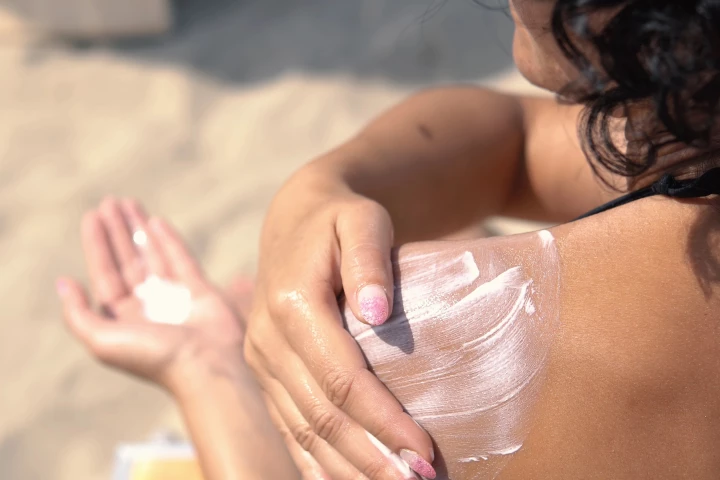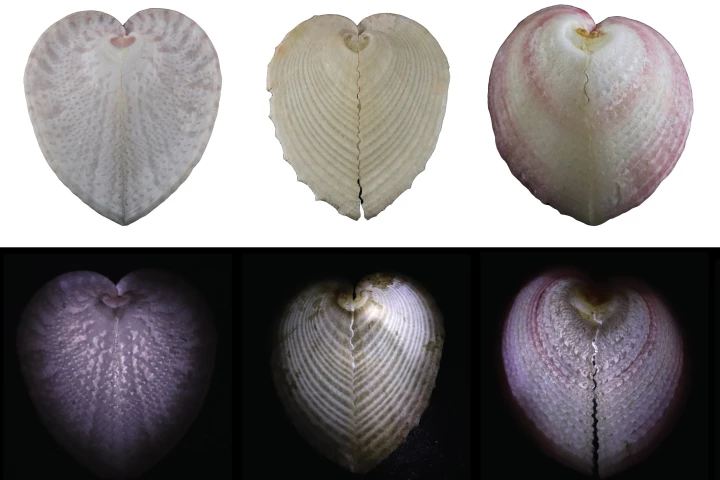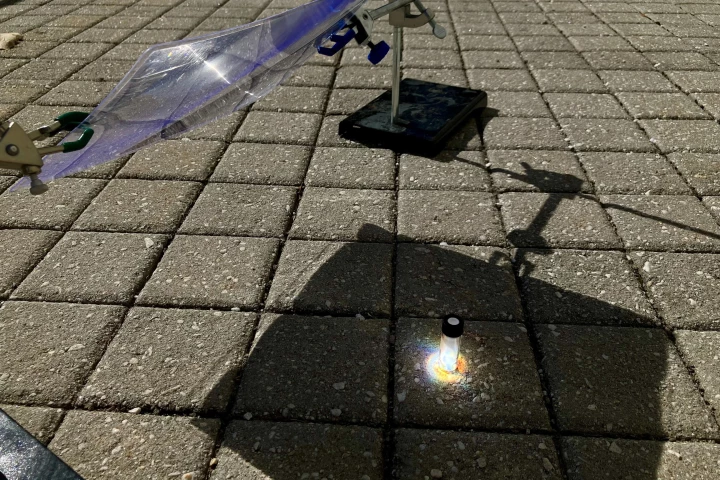Sunlight
-
Since the 1800s, civilization has been fascinated by the idea of capturing lightning in a bottle. Over time, the idea evolved from literal to figurative. Today, we may be seeing a reversal. Scientists may have figured out a way to "bottle the sun."
-
Zinc oxide remains one of the best forms of sun protection thanks to its ability to block both UVB and UVA rays. However, few really appreciate its thick white look – except, maybe, lifeguards in the '80s. UCLA researchers believe they have a solution.
-
An Italian optics research firm might have just tackled literally the biggest issue I face while motorcycling: the sun in my eyes. Irid's liquid crystal-based technology tints helmet visors to cut glare in an instant.
-
In the first study of its kind, neuroscientists have shown the real-world benefits that sunlight gives the brain, beyond laboratory experiments, linking brighter and more regular daytime light to better alertness and faster attention in everyday life.
-
Good things happen when Sunlight launches a new concept camper van. This time, it's the Volkswagen Ibex camper concept, a modified adventure van built to "outdrive the ordinary" and navigate through terra incognita to a grander grade of adventure.
-
Pine cones are pretty smart for things with no brains, enough so that scientists have copied them to create a unique window shading system. The setup blocks sunlight in the summer and lets it through in the winter, without using any electricity.
-
Although sunscreen does help protect our skin from the sun's harmful UV rays, it isn't designed to keep that skin cool. An experimental new sunscreen does that very thing, however, while maintaining an SPF rating of about 50.
-
When it comes to technologies used only by humans, you might think that fiber optics would rank right up there. Such is apparently not the case, however, as scientists have discovered that a certain clam uses "fiber optics" of its own to get food.
-
Many objects are made of black plastic, which has so far proven to be very hard to recycle. US scientists have devised a new method of recycling black polystyrene, however, using sunlight and an ingredient that's already present in the plastic.
-
Scientists in Canada have demonstrated a promising new device that can purify a gallon of water a day, for just a few cents per gallon. Better yet, it’s made of old tires, and can even generate small amounts of electricity.
-
As the daylight hours shrink and temperatures drop, it's easy to spend more time indoors. But new research has shown that by self-monitoring time out in the sunshine – also linked to physical activity – can help treat seasonal mood disorder symptoms.
-
Thanks to a recent discovery regarding marine algae, scientists have developed crop plants that absorb a fuller spectrum of sunlight, resulting in better growth. The finding could also lead to increased production of biofuels.
Load More











